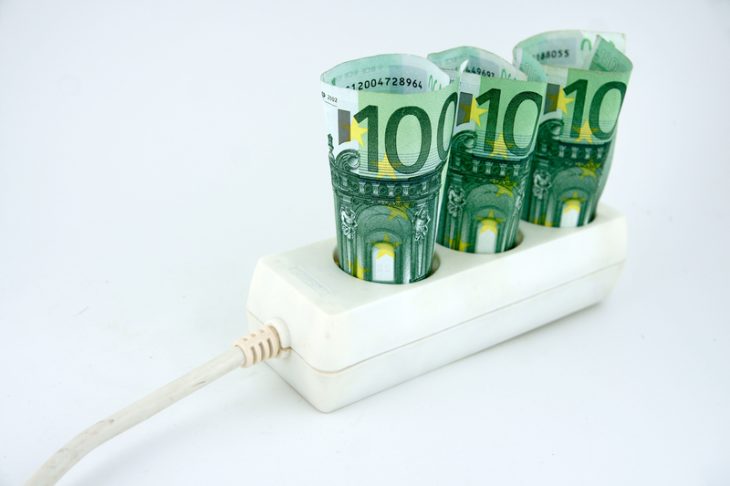The heads of large industrial companies want the European Union to lower energy costs and reduce the burden of regulations introduced through the “Green Deal”, to help the region remain competitive, reports Bloomberg, according to Agerpres.
More than 70 business and industry leaders, including Jim Ratcliffe, the billionaire chairman of chemical giant Ineos Group, are calling on the EU bloc to introduce a “European Industrial Deal” to boost competitiveness during the energy transition. In particular, they want cheaper energy, reduced bureaucracy and increased funding for green technologies.
The group claims that Europe risks losing to China and the United States the race for the supply of technologies necessary for the implementation of renewables and the reduction of industrial emissions. The warnings come months after the EU finalized regulations across sectors from energy to transport to help cut emissions by 55% this decade. And now the community bloc has an even more ambitious goal – the 90% reduction in emissions by 2040.
At the same time, high energy costs and subsidies from China and the United States have increased fears about the future of heavy industry in Europe. The effects are particularly felt in Germany, Europe’s largest economy, where warnings are mounting that its days as an industrial superpower are coming to an end.
“Europe is right with its emission reduction targets, no one disputes them, but the answer is not decarbonisation through deindustrialisation,” said Ratcliffe, in an interview, adding that in the last 15 years Ineos’ profits have moved from Europe to the US.
This means that European industry urgently needs more help, argue the 70 leaders in the “Antwerp Declaration”, on the occasion of Tuesday’s visit of the head of the EC, Ursula von der Leyen, and the Belgian Prime Minister, Alexander de Croo, to the chemical plant of BASF in Antwerp.
“These enormous challenges come at a time when both SMEs and large companies are facing the most severe drop in economic activity in the last decade, demand is declining, production costs are rising, and those who invest are moving to other regions. Factories are closed, production stopped, people laid off. Europe urgently needs an economic analysis,” the “Antwerp Declaration” states.
The chemical, steel and cement industries are the sectors most affected by decarbonisation and will be dependent on technologies such as green hydrogen and carbon capture to reduce emissions in line with EU climate targets.
“Regulations in Europe are complicated, lengthy and do not offer incentives to encourage investments. We need a transformation,” says Martin Brudermueller, head of BASF and president of the European Chemical Industry Association (Cefic).
Also, the French Minister of Finance, Bruno Le Maire, said on Monday that at the beginning of March he will propose, together with the German Minister of Economy, Robert Habeck, the reduction of the European regulations that keep companies in place and affect economic growth.
“We are in an economic race of 100 meters, but we have a chain with a ball tied to our leg. European economic growth is affected by norms, rules, directives and regulations, there is excessive bureaucracy,” said Bruno Le Maire on Monday, at a meeting with journalists.
The French official stated that these regulations keep EU companies in place and do not apply to US and Chinese companies.
Le Maire blamed, in part, the regulations adopted in Brussels for the economic problems of the community bloc, adding that he and Robert Habeck will come up with a detailed proposal at the joint government meeting on March 5.
